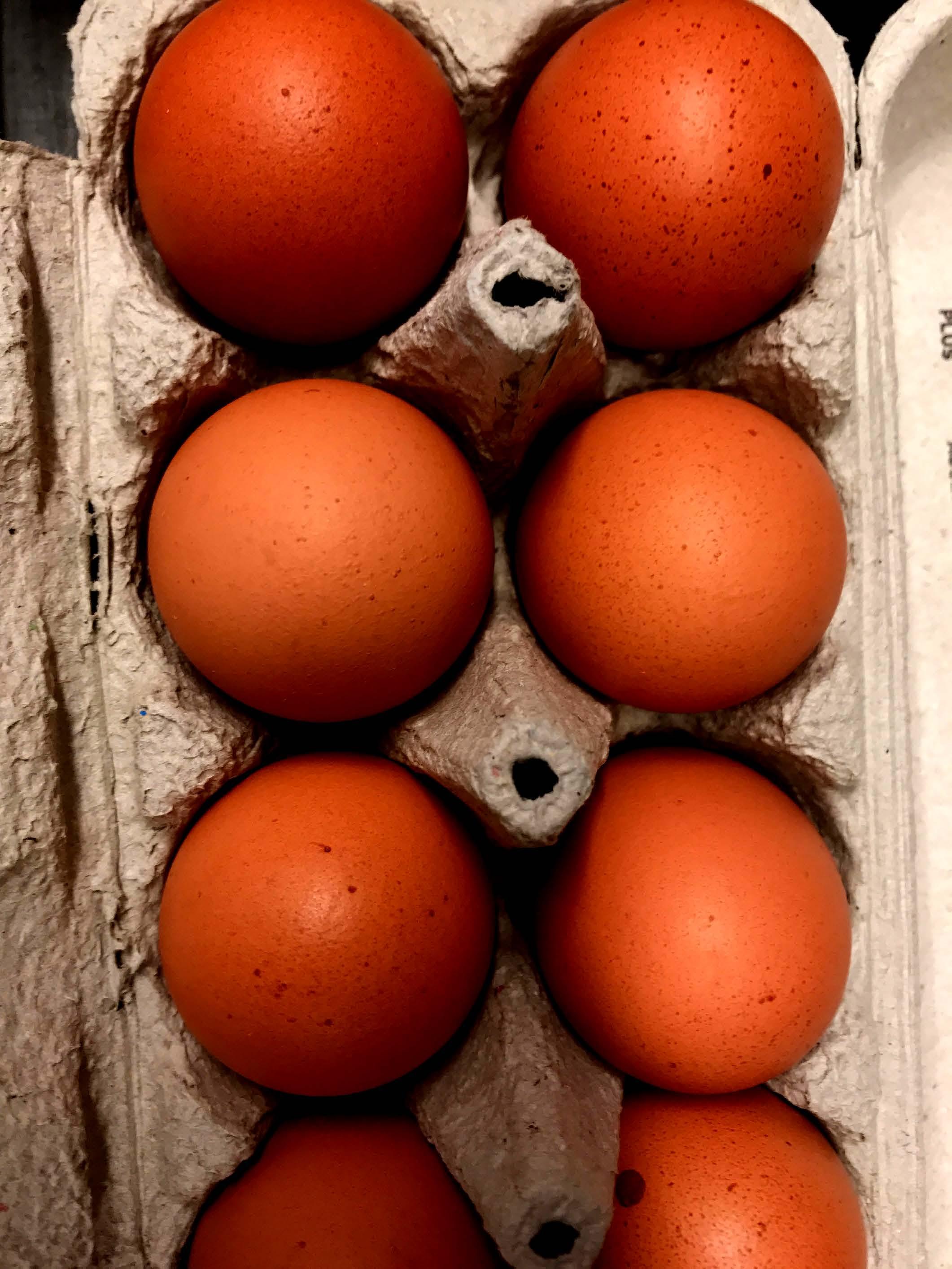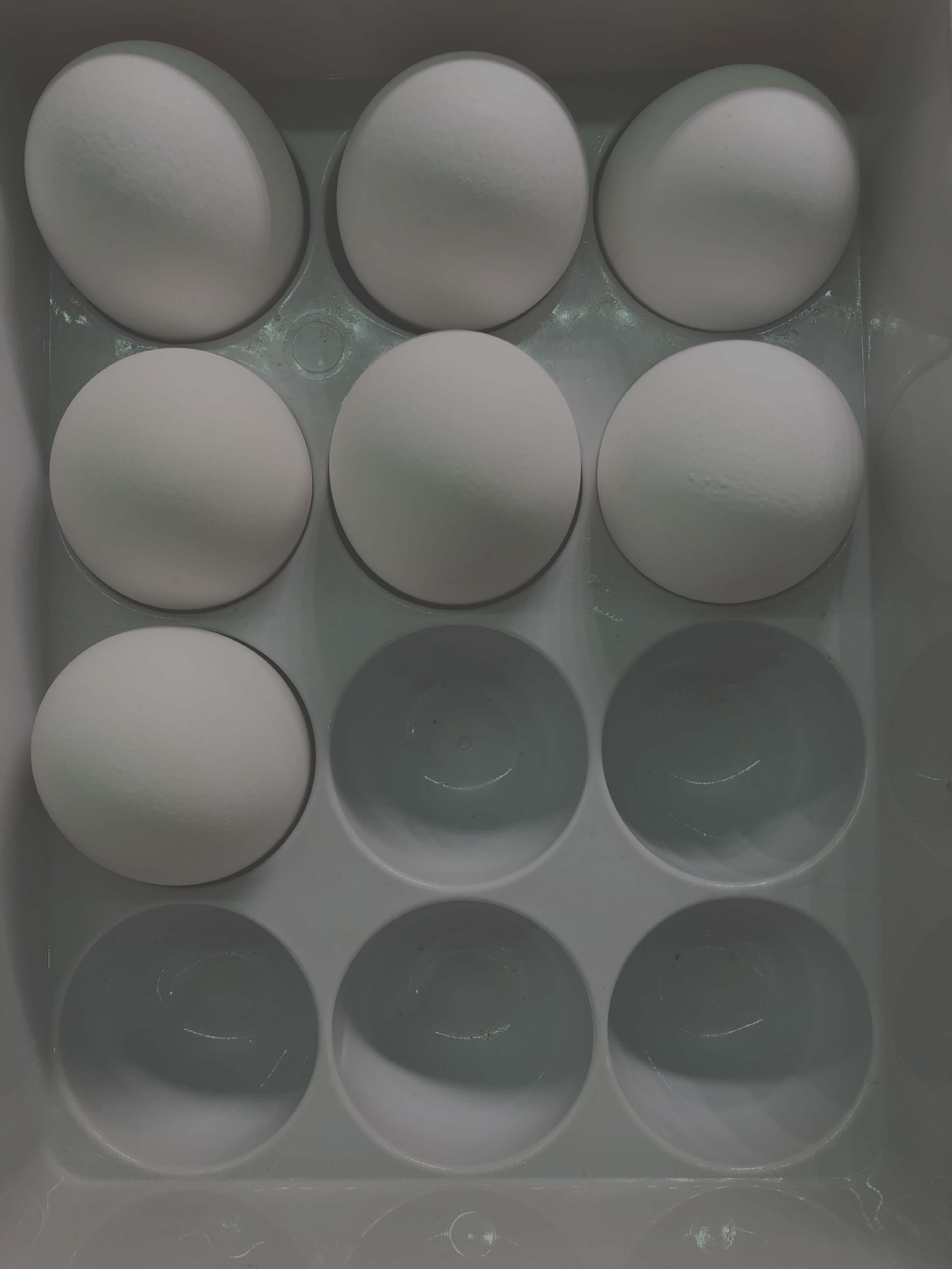
2 minute read
Don't Be An Egg 'Racist'
DON'T BE AN EGG 'RACIST'
WHY ALL EGGS ARE CREATED EQUAL
Advertisement
BY YVETTE STEPHENS

Let’s start at the top, eggs are amazing. They are affordable, transportable, loaded with vitamins and minerals as well as being a very high-quality source of protein that is easily digestible by 98% of the population of the world. Chickens don’t need (and generally don’t get) hormones to lay eggs, they can get by consuming high protein scraps, bugs and even oyster shells (for calcium). They generally live 8-10 years and can lay up to 300 eggs a year, depending on breed. As a health professional, I recommend most people include them in their general healthy diet and when I work with elderly clients we see if we can add a little more.

OPEN UP
But the question I get asked most is brown or white. It’s a legit concern people have. Should they eat brown or white eggs? Which have more nutrition? I even had a younger patient ask me if the brown eggs were filled with chocolate…sorry Timmy, they are not filled with chocolate and for everyone else, there is no difference in nutrition of the egg based on color.
I know what you’re thinking, but I’m charged three times as much at the farmers market and it’s $2.00 more at the grocery store—there must be a reason. It could be that you’re an egg racist or there may be a real reason. And there is. The breeds of chicken that produce brown eggs tend to be larger than their white egg producing sisters and therefore need more food. But this really is such a blah answer. Since this is about nutrition, let's dig a bit deeper.

There is one major factor that influence egg nutrition: feed.
This is what separates a super nutritious egg from just a very nutritious egg. Chickens that have access to the range (outside) tend to have eggs that have higher concentrations of omega-3 fatty acids, which is a fat that we do not usually get enough from in our diet. In addition, chickens who were fed scraps of fish—I’m looking at you Japan, Vietnam, and Malaysia—have significantly higher amounts of EPA and DHA which are fatty acids that are thought to influence brain and eye development when we’re young and reduce risk of heart attacks as we age.

So again, is there a difference between brown and white eggs? Not if they are grown on large farms or given standard chicken feed. Small batch producers may introduce items into their feed that improve egg nutrition and these producers generally have birds that lay brown eggs, but unless you can speak with the egg producer—skip the high price tag and grab the egg closest to you at the grocery store.
To read more amazing articles and see our entire catalog you can download the Tasty Bytes Magazine app from the Google Play Store or Apple App Store.



